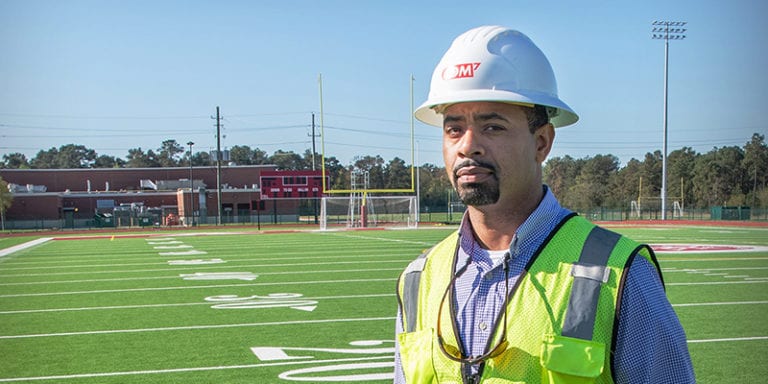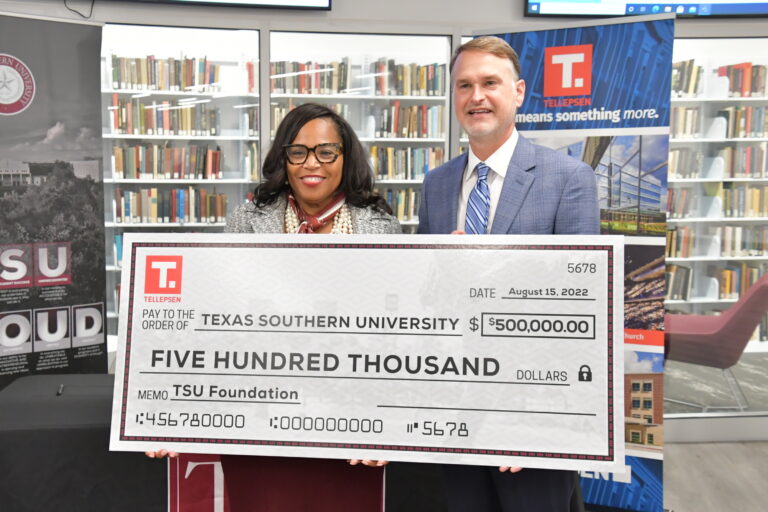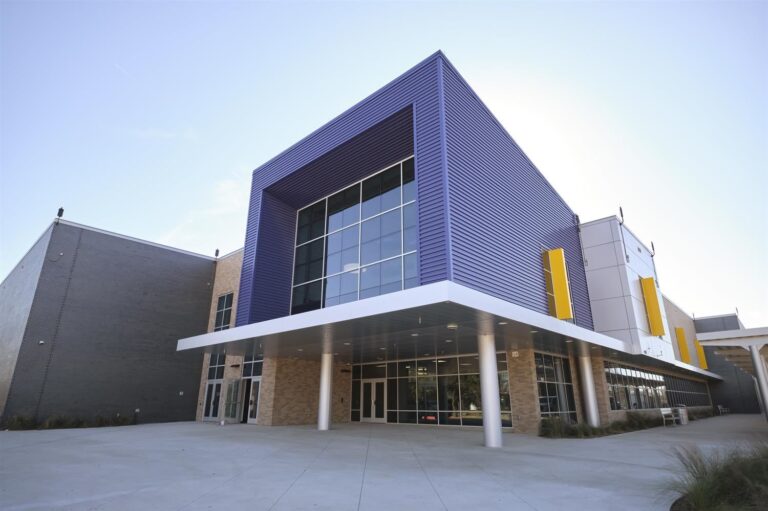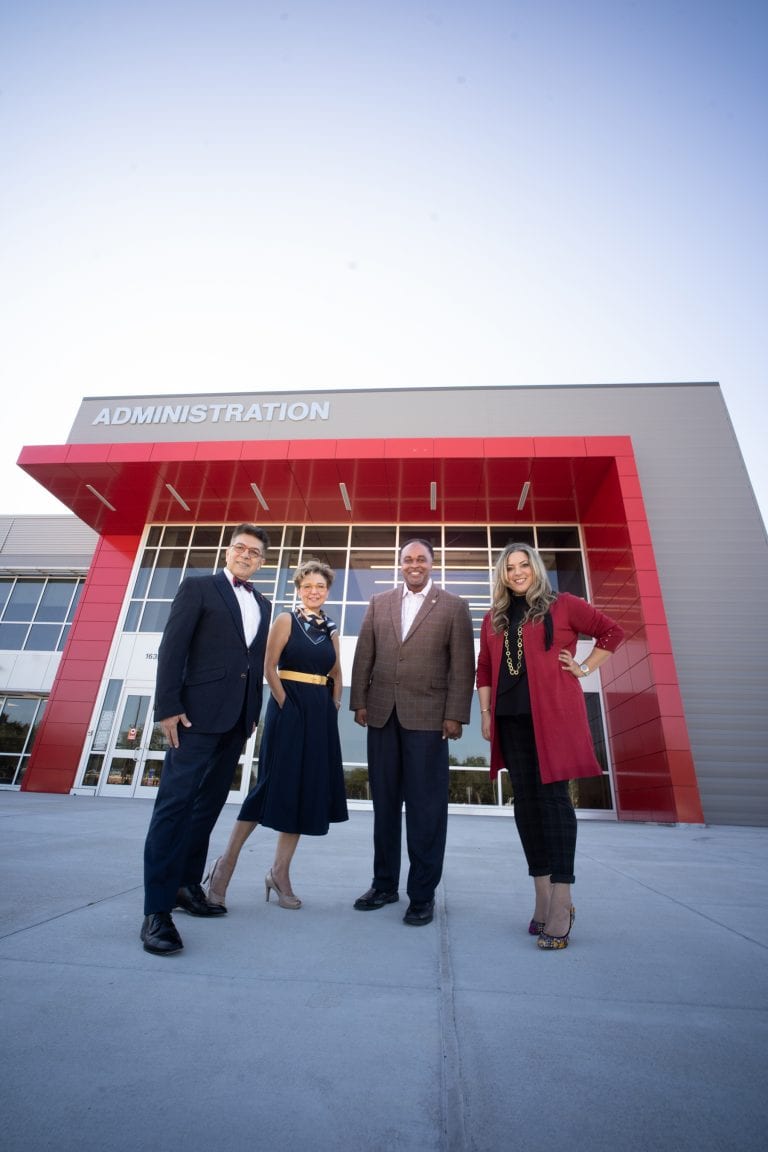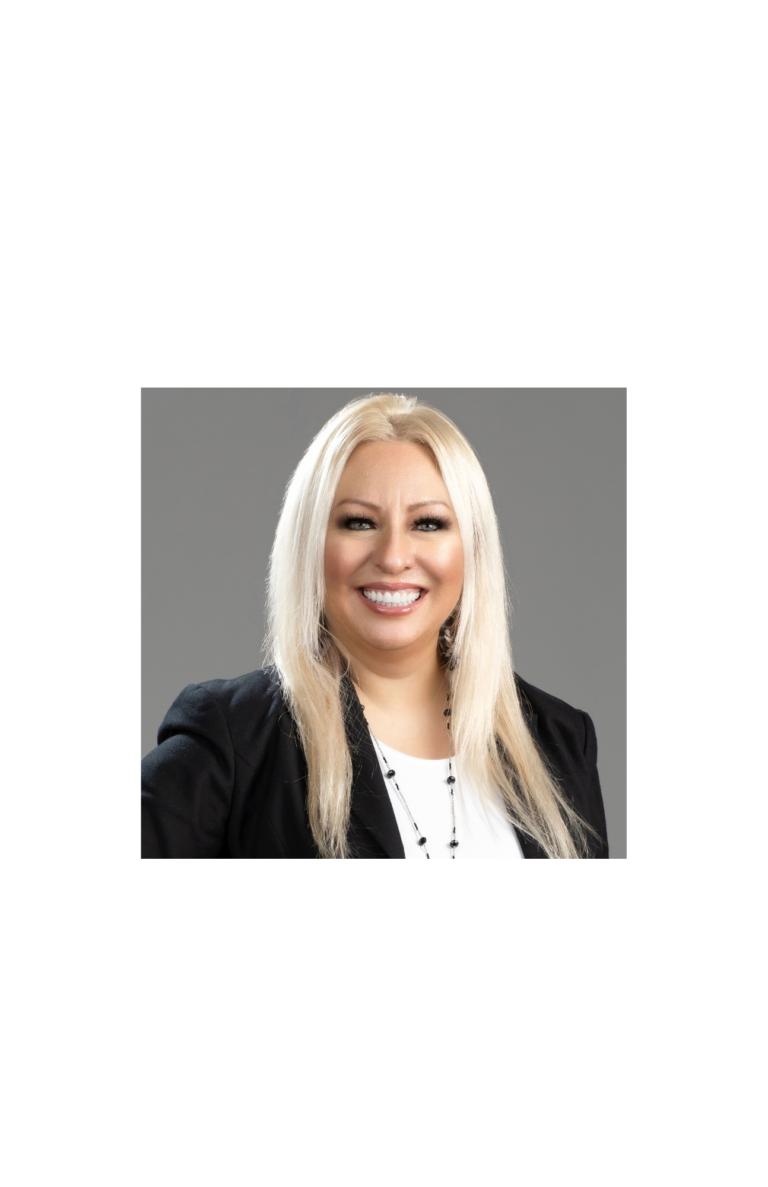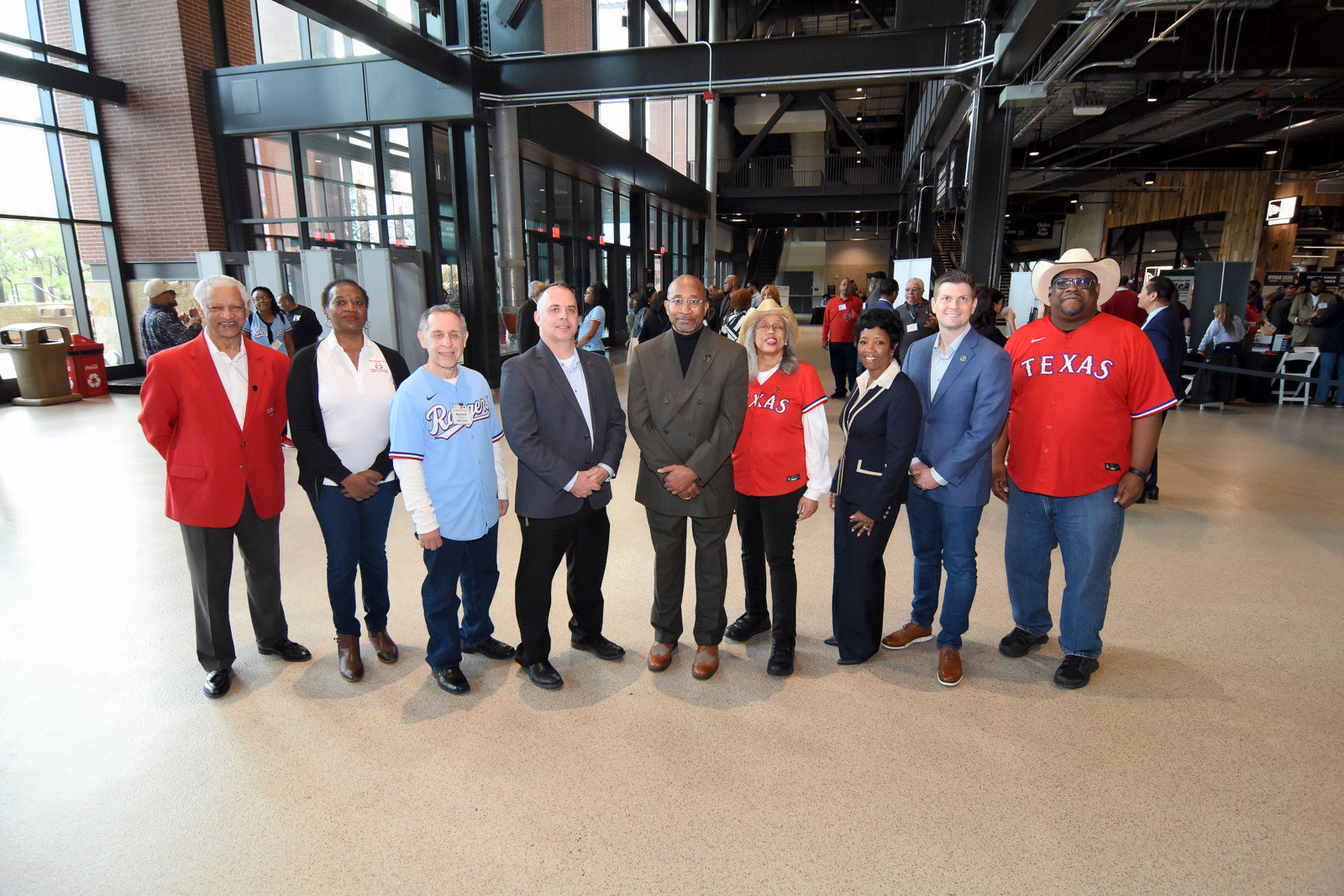
The Dallas Fort Worth Minority Supplier Development Council is dedicated to fostering business connections between our buying entity members, which include corporations and public-sector agencies, and certified minority-owned businesses. Our primary goal is to meet supply chain demands, contributing to the economic development of our communities through the utilization of certified MBEs. At DFW MSDC, we prioritize results and actively track the outcomes reported by our buying entity members and certified MBEs.
The Dallas Fort Worth Minority Supplier Development Council boasts 1,218 certified minority-owned businesses spanning diverse industries at the end of 2023. Here is an overview of our certified minority business enterprises (MBEs).
Last year, 2023, was the DFW MSDC 50th anniversary year of celebration. We hosted events throughout the year in alignment of our 50th anniversary theme, “Building on a 50-year legacy of Resilience, Inclusion & Growth.” A key highlight of all events was the engagement of three buying entity member CEOs that spoke at our ACCESS Business Expo Luncheon in support of the DFW MSDC One Percent Plus Initiative and how they are working to meet that year-over-year initiative.
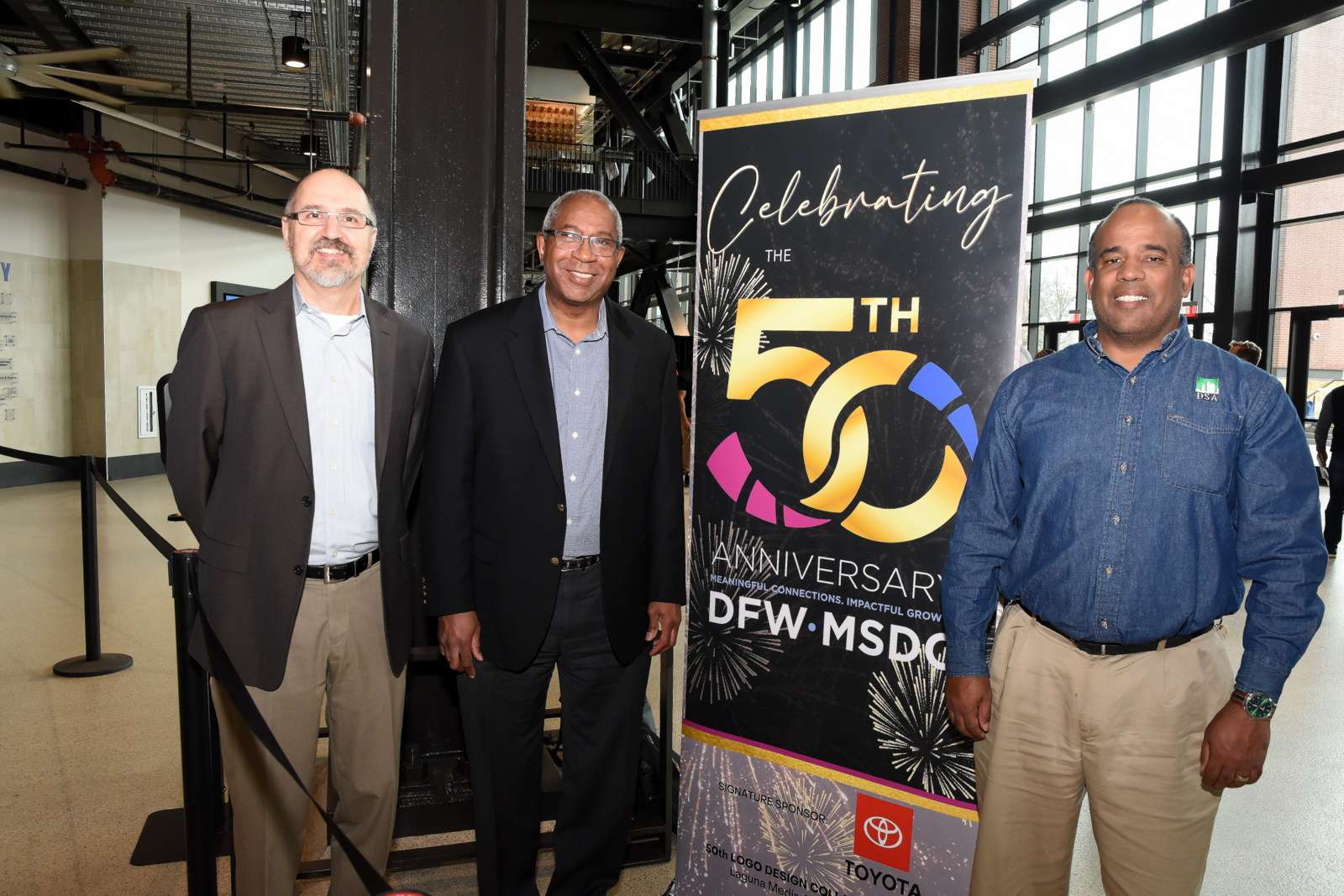
We hosted a 50th Year Anniversary Celebration and our annual E Awards Gala, where we recognized businesses and individuals instrumental in the success of DFW MSDC over the years.
Our 50th Anniversary theme was Building on a 50 Year Legacy of Inclusion, Resilience and Growth.
In the bustling landscape of the 1990s metroplex, the Hard Hat Construction Expo emerged as a pivotal event, forging vital connections within the construction industry. Serving as a conduit between corporations, public sector agencies, general contractors, and minority-owned businesses (MBEs), the expo quickly rose to prominence.
Over time, it evolved into the Southwest’s largest and most diverse Construction Trade Fair, attracting a wide array of stakeholders. With a dynamic mix of general contractors, facility owners, and MBEs, the Hard Hat Expo offers more than just business opportunities but fosters an atmosphere of excitement.
1. How did the Hard Hat Construction Expo establish itself and what key role did it play in fostering construction connections between corporations, public sector agencies, and general contractors with minority business enterprises (MBEs)?
In 1973, a committed group of corporate and community leaders with limited resources and a strong will to help shape the economic future of North Texas issued a policy statement that would define the foundation of the Dallas Fort Worth Minority Supplier Development Council. These visionary leaders pledged “to actively purchase goods and services from minority owned businesses.” Many of the initial opportunities were in the construction industry.
The council, always committed to the construction industry, created the first advocacy operated Construction Plan Room in 1985 and the Business Advisory Construction Group (BAC) with major general contractors and corporate and public sector owners in North Texas in 1986. Initially part of the council’s annual Business Expo, the HARD HAT Construction Expo was carved out in 1994 as a singular event, incorporating time and location optimum for construction attendance. Late afternoons start as daylight hours are imperative to construction, no suits, work attire straight from the job site (we threatened to cut ties the first year), food and beverage and an area that was conducive to great information, opportunities and networking. It was the most diverse and only expo that catered to general contractors, facilities managers, developers and building owners and connected them to minority-owned contractors and subcontractors. Today, nearly 24% of the certified MBEs associated with DFW MSDC classify themselves as being part of the construction industry.
2. In what ways did the Hard Hat Construction Expo distinguish itself as the largest and most diverse construction trade fair in the Southwest, and how did it contribute to creating a platform for engagement between general contractors, facility owners, and minority-owned subcontractors?
HARD HAT was different because of the people the council could attract to participate in the expo. In addition, the format includes round table sessions on “shovel ready” construction opportunities. Today, the council has added sessions on bidding, doing business with segments of the construction industry and exhibitors aligned with the construction industry.
The relaxed atmosphere (held in late afternoon and early evening when much of the day-to-day construction operations have ceased), provided a great time for BBQ, beer and casual western attire. Even with the move to a new venue (Globe Life Field – home of the World Champion Texas Rangers), the relaxed atmosphere, networking, BBQ, and beer still persist. Everyone present knows the show is geared to the construction industry and therefore, there are many opportunities to discuss facilities management, subcontracting opportunities, new development, and more. There are no long programs. Title sponsors make opening remarks, and the rest of the engagement is networking, talking with exhibitors and round table sessions.
3. What are some of the metrics of success you’ve seen as of value being a direct result of previous expos?
Each year, HARD HAT participation has grown. In 2023, we had:
- More than 1,100 attendees
- 26 general contractors hosted round table discussions along with buying entity owners
- 110 exhibitors
MBE to MBE alliances have been formed because of Hard Hat. Several Buying Entity members have mentioned they met new suppliers during HARD HAT that they have engaged in opportunities.
[The HARD HAT Construction expo is] the most diverse and only expo that catered to general contractors, facilities managers, developers and building owners and connected them to minority-owned contractors and subcontractors.
– Margo J. Posey President and CEO DFW MSDC
4. What should participants expect this year that may have improved since previous years?
The council continues to invite more participation from all stakeholder segments. The State of Texas HUB coordinators are presenting a session on the HUB Construction Contractors Guide. More than $6 billion in construction is expected across Texas and this helps businesses to get ready to participate in the projects.
5. Can you elaborate on the specific initiatives and strategies employed by the Dallas Fort Worth Minority Supplier Development Council to foster business connections between buying entity members and certified minority-owned businesses?
One of the largest and most focused initiatives that touches everything the Council does is the One Percent Plus Initiative. This initiative is based upon a study conducted by supplier.io and the Michigan MSDC. The study showed that by doing the same thing we have been doing related to supplier diversity, it will take us 333 years to achieve economic equity, and that by programs committing to spend 1% more year-over-year for the next 15 years, we can achieve economic equity. That achievement not only impacts underserved communities and minority businesses but increases the national GDP by
$8 trillion and adds 9 million more jobs to the workforce.
A second initiative that began in 2008, BUY THOSE THAT BUY US™. is now tied to the One Percent Plus Initiative as well. This initiative has had a two-fold objective.
- To highlight and share best practices that help our buying entities achieve real results related to minority business inclusion and utilization.
- To encourage everyone to make purchases (business and personal) from those that champion the goal of minority business inclusion. We have collected great best practices that are shared and utilized by other buying entities to improve their supplier diversity programs.
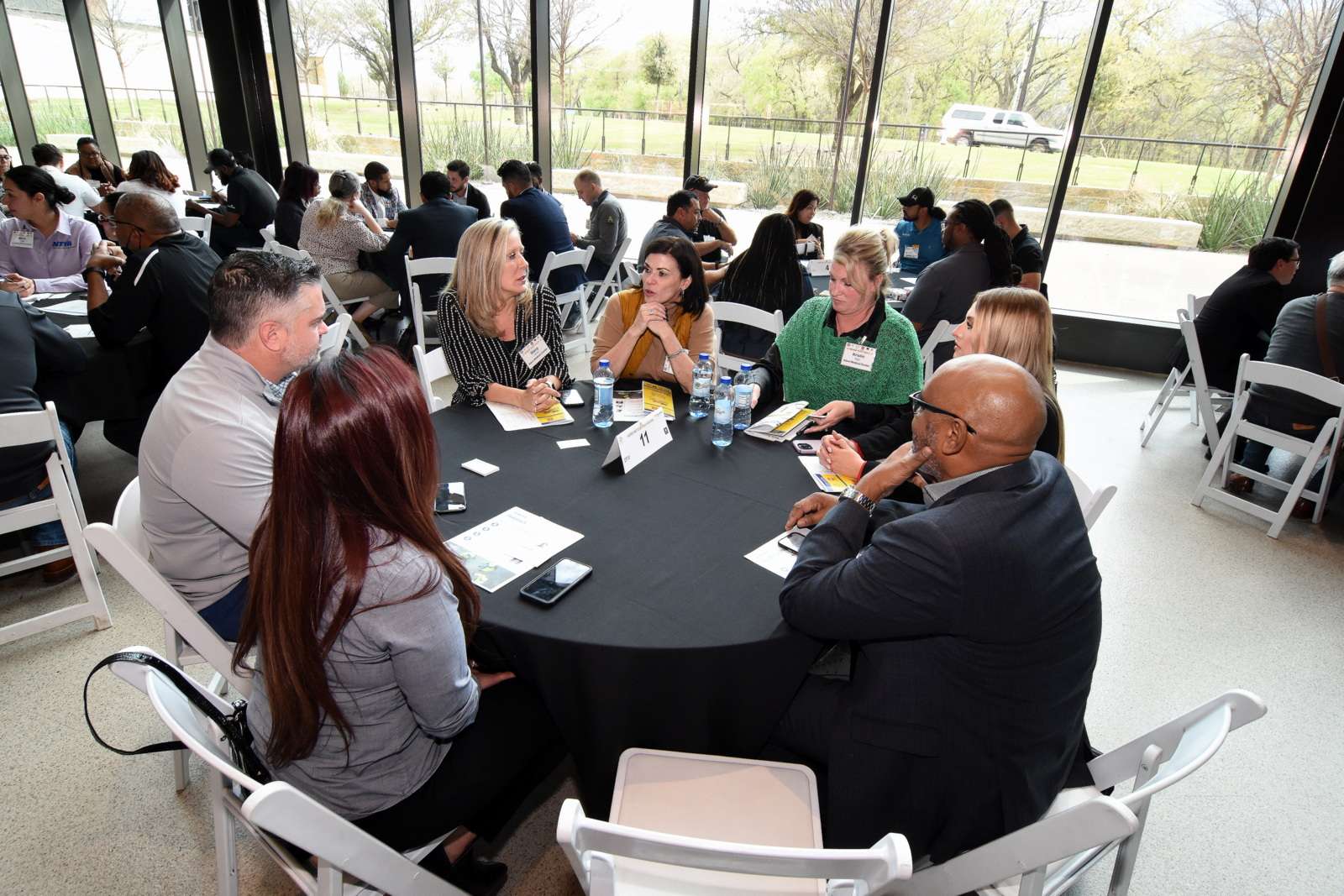
6. How does the council prioritize and achieve its primary goal of meeting supply chain demands, and what impact does this have on the economic development of communities in the Dallas Fort Worth area?
- The council has a very active senior level board of directors that not only participate as board members but are instrumental in the planning, support and execution of our goals and objectives.
- The council has an active Supplier Diversity Working Group where supplier diversity professionals can meet, share ideas, refer suppliers and improve their programs through talking and meeting with each other
- The council conducts a Quarterly Supply Chain Appreciation Luncheon that encourages the participation of supply chain professionals (who attend free) to attend and network with certified MBE suppliers over a luncheon session while engaging in a session/seminar relevant to supply chain changes and trends with subject matter expert speakers.
7. In terms of tracking outcomes, can you provide examples of key results reported by both buying entity members and certified ninority business enterprises (MBEs) that highlight the success of the council’s efforts?
We track aggregate results via our BTTBU™ initiative. We are just returning to tracking and submission since the pandemic. Prior to the pandemic, our 2019 results highlighted:
| 2019 | 2018 | 2017 | Description |
|---|---|---|---|
| 35 | 36 | 33 | Number of Buying Entities spend reporting at time of print |
| $4,900,245,269 | $4,523,953,296 | $4,393,021,138 | Direct Spend with DFW MSDC MBEs |
| $13,670,486,949 | $10,531,279,083 | $11,443,824,427 | Direct Spend with NMSDC MBEs |
| $1,115,407,855 | 1,448,166,028 | $1,219,993,630 | Indirect Spend with certified MBEs |
8. What role does the website play in offering insights into the impactful work undertaken by the Dallas/Fort Worth Minority Supplier Development Council, and how does it contribute to a broader understanding of the significance of minority business inclusion?
The DFW MSDC website is a everchanging and updated site that highlights upcoming events, results, awards, messaging on key initiatives and much more.
9. How does the council support and nurture the 1071 certified minority-owned businesses across diverse industries, and what initiatives are in place to facilitate their growth and success?
The DFW MSDC has an MBE Input Committee that helps engage and disseminate MBEs in smaller groups. Once, per year, the Supplier Diversity Working Group and MBEIC hold a joint meeting with subject matter experts, networking, and capabilities statement pitch critiques.
In addition, the council operates the Minority Business Development Agency (MBDA)- Dallas Center, on a grant from the U.S. Dept. of Commerce. The MBDA provides support for minority owned businesses related to retention and creation of jobs, obtaining procurement contracts and financing for working capital and asset acquisition.
10. What challenges does the Dallas Fort Worth Minority Supplier Development Council encounter in achieving its goals, particularly in terms of meeting supply chain demands and fostering economic development in communities?
DFW MSDC is a strong advocate for minority business. We not only host a Public Policy Day in Austin when the legislature is in session, but we have a public policy consultant keeping us abreast of issues that could impact our MBEs and buying entities related to supplier diversity and minority inclusion. Our One Percent Plus messaging is also a means to support and encourage inclusion in this current environment when some suggests we step back from our work.
11. How does the council stay adaptive and responsive to the evolving needs of its buying entity members and certified MBEs in the dynamic business landscape?
Through the voices, support and participation of our stakeholders:
- Senior Board Members
- Supplier Diversity Professionals Working Group
- Inclusive Supply Chain Working Group
- MBE Input Committee
- MBDA
- One Percent Plus Initiative Working Group
- BUY THOSE THAT BUY US™
- And the many events we host and participate in with other advocacy groups in North Texas
12. In what ways does the Dallas Fort Worth Minority Supplier Development Council engage with communities where its members reside, work, and participate in various activities to promote the significance of minority business inclusion?
We engage with other advocacy groups either hosting events and/or participating in their events. We collaborate with several advocacy groups, including ethnic chambers, construction associations, the Women’s Business Council – Southwest and many others. In addition, DFW MSDC CEO/President Margo J. Posey participates in several diversity purchasing committees, including Chair of Dallas County Small Business Advocacy Committee, City of Fort Worth Equity Board Chair, and the Dallas ISD MWBE Trustee Appointed Advisory Board. Andrew Nash, the DFW MSDC COO, serves on the City of Arlington Mayor’s Task Force and the Arlington ISD Bond Oversight Committee.
13. Could you provide insights into the council’s future and strategies for further enhancing its impact on economic growth, supply chain demands, and the overall success of certified minority-owned businesses in the Dallas/Fort Worth region?
The council will continue to champion the One Percent Plus Initiative, stand up and stand out for the utilization of minority businesses, support our buying entity members in finding and engaging minority suppliers and advocating on behalf of inclusion with other advocacy groups.
14. What additional information would you want our current readers and perspectives to learn about the council and its efforts?
Join the upcoming Hard Hat Expo for an enlightening experience filled with valuable insights and networking opportunities at Global Life Field. General admission tickets, inclusive of roundtable discussions and a meal, are priced at $65 for DFW MSDC members and suppliers, while non-members and suppliers can avail themselves of tickets at $75. Parking is conveniently available for free in Lot A. The event kicks off with a UT System contractor presentation from 2:30 P.M. to 3:15 P.M. followed by roundtable session check-in at 3 P.M. The roundtable sessions commence at 3:30 P.M. and continue until 5:15 P.M. Finally, don’t miss out on exploring the event, which opens its doors from 5:30 P.M. to 8 P.M., promising a plethora of engaging exhibits and interactions.
Dallas Fort Worth Minority Supplier Development Council is located at 8585 N. Stemmons Freeway, Suite 1150N, Dallas, TX 75247



